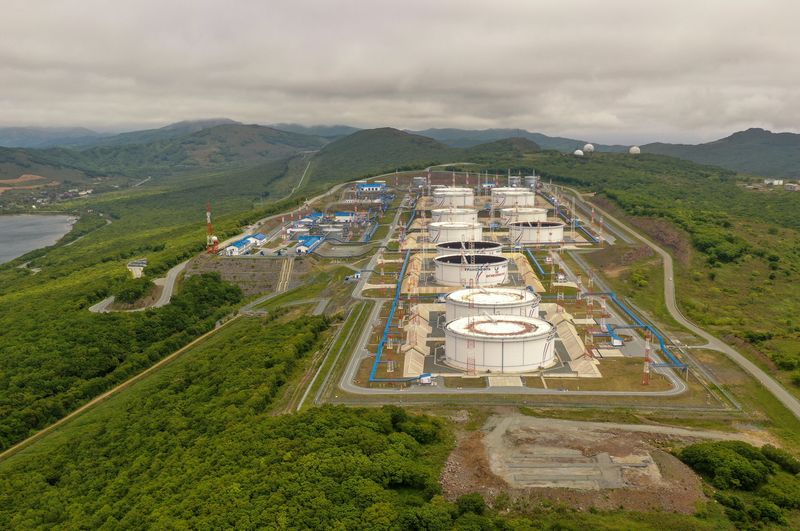
(Reuters) – Oil prices ticked higher in early trade on Thursday as investors weighed the escalating conflict in the Middle East and the potential for disruption to crude flows, against an amply-supplied global market.
Brent crude futures increased 64 cents, or 0.87%, to $74.54 a barrel as of 0006 GMT. U.S. West Texas Intermediate crude futures gained 72 cents, or 1.03%, to $70.82 a barrel.
An Israeli strike on central Beirut’s Bachoura neighbourhood early on Thursday left two killed and 11 wounded, the Lebanese health ministry said in a statement.
Iran was drawn into the conflict on Tuesday after it fired more than 180 ballistic missiles at Israel in an escalation of hostilities, which have seeped out of Israel and Palestine into Lebanon and further east.
But an unexpected build in U.S. crude inventories on Wednesday helped ease some supply concerns and curbed oil price gains.
U.S. crude inventories rose by 3.9 million barrels to 417 million barrels in the week ended Sept. 27, the Energy Information Administration said, compared with analysts’ expectations in a Reuters poll for a 1.3 million-barrel draw.
“Swelling U.S. inventories added evidence that the market is well supplied and can withstand any disruptions,” ANZ analysts said in a note.
Some investors remained unfazed as global crude supplies have yet to be disrupted by unrest in the key producing region, and spare OPEC capacity tempered worries.
“After Iran’s attack, prices may stay elevated or remain more volatile for a little longer, but there’s enough production, there’s enough supply in the world,” chief executive officer of East Daley Analytics, Jim Simpson told Reuters.
OPEC has enough spare oil capacity to compensate for a full loss of Iranian supply if Israel knocks out that country’s facilities.

However, traders worry that the producer group would struggle if Iran retaliates by hitting installations of its Gulf neighbours.
“The effectively available spare capacity might be much lower if renewed attacks on energy infrastructure on countries in the region happen,” said Giovanni Staunovo, analyst at UBS.
This post is originally published on INVESTING.




